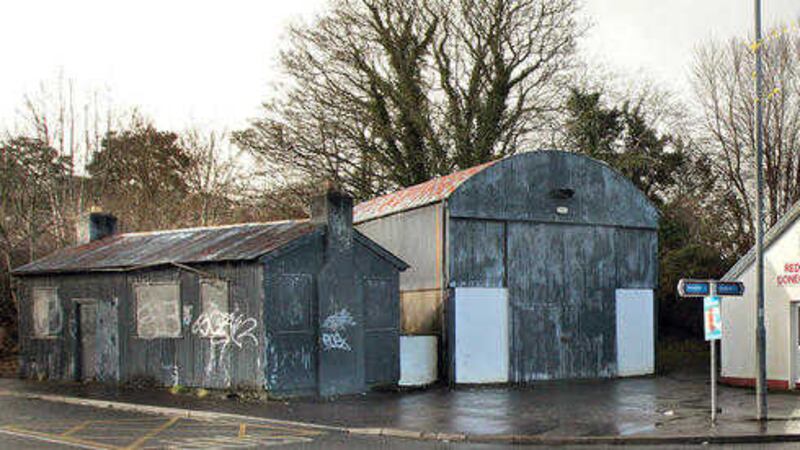Brexit could hit Derry and people living there harder than anywhere else, according to the head of the city’s chamber of commerce.
Sinead McLaughlin was responding to fears that border controls could be imposed along the border with the Republic if Britain votes to leave the EU in June.
Chief executive of the city’s chamber of commerce, Ms McLaughlin said: "In three directions, Derry’s suburbs are in the Republic of Ireland. Commuters and businesses’ delivery vehicles here will often cross the border two or more times a day.
"So talk of Brexit and the re-introduction of border controls strikes anxiety into the heart of businesses and citizens alike in Derry."
It is widely accepted that partition devastated Derry's economy as the city was cut off from its traditional hinterland of Inishowen and east Donegal. For decades, customs officers from both north and south operated controls on the outskirts of the city. This meant drivers having to open car boots for inspection to make sure they were not smuggling. Permits were required for some cross border workers while customs posts closed overnight, forcing lorry drivers to wait until posts opened.
As Derry grew in size, the city spread closer and closer to the border with Donegal. In some areas, the extension of the city is almost seamless as it crosses the border. Many Derry families live in the Donegal satellite towns of Bridgend, Killea, Muff and Newtowncunningham, travelling in and out of the city for work and education.
Ms McLaughlin said the last time border controls were in place – during the 2007 foot and mouth crisis – it caused chaos for people living in Derry and the north west.
"For most of our businesses in Derry, the Republic of Ireland is their major export destination. For some, it is more important than their home market of Northern Ireland.
"Many have well established cross-border business partnerships. Some of our largest companies have subsidiaries in Donegal or Dublin. Border controls would damage all these arrangements," she said.
Ms McLaughlin said the north west-operated as a single economy with sterling and euro easily traded.
"For many consumers where they shop – in the North or the Republic – is based on a calculation of today’s currency valuations," she said.
Ms McLaughlin said for most day-to-day purposes the border did not exist.
"To recreate that border is a terrible prospect for our local economy," she said.








